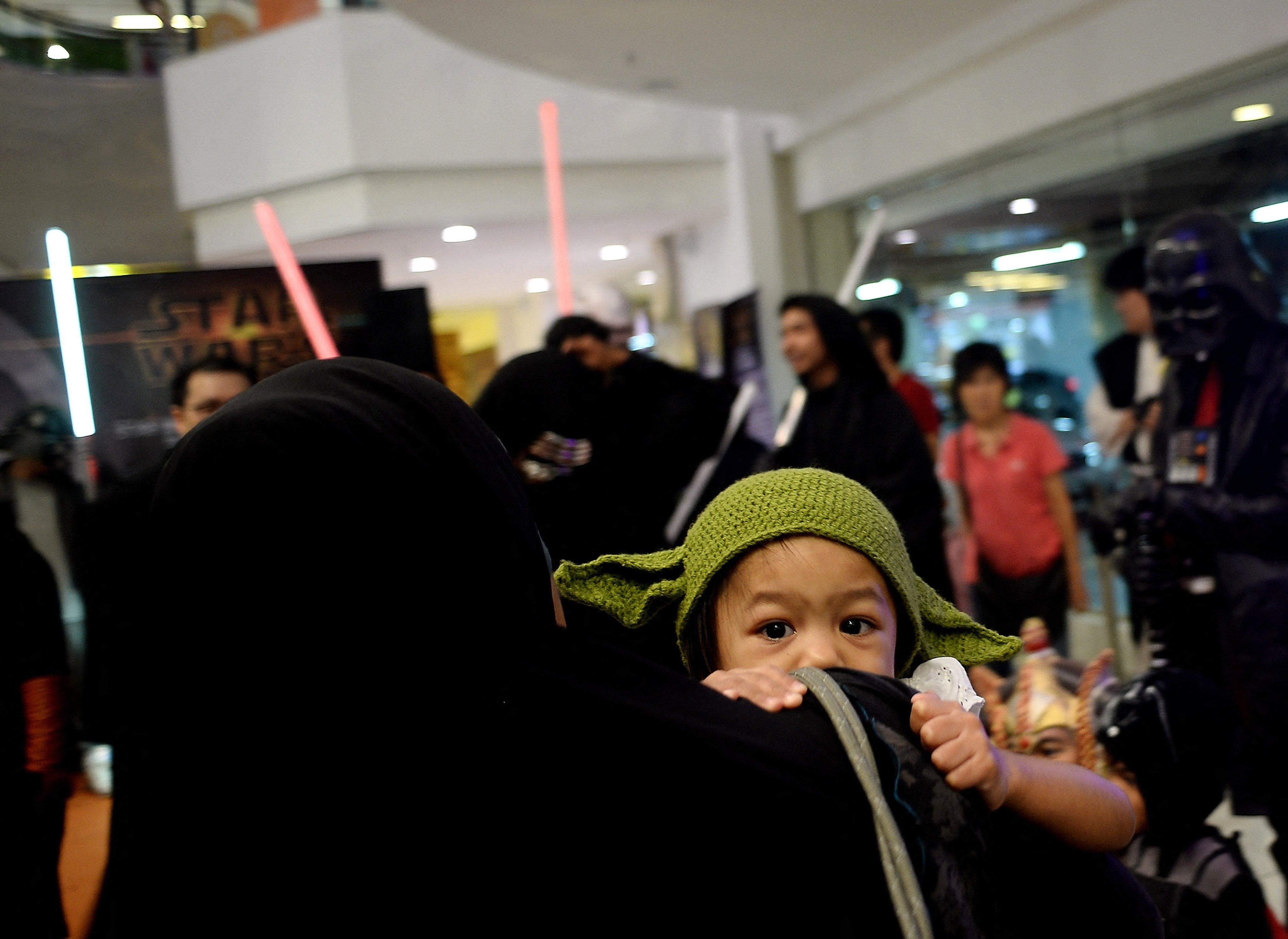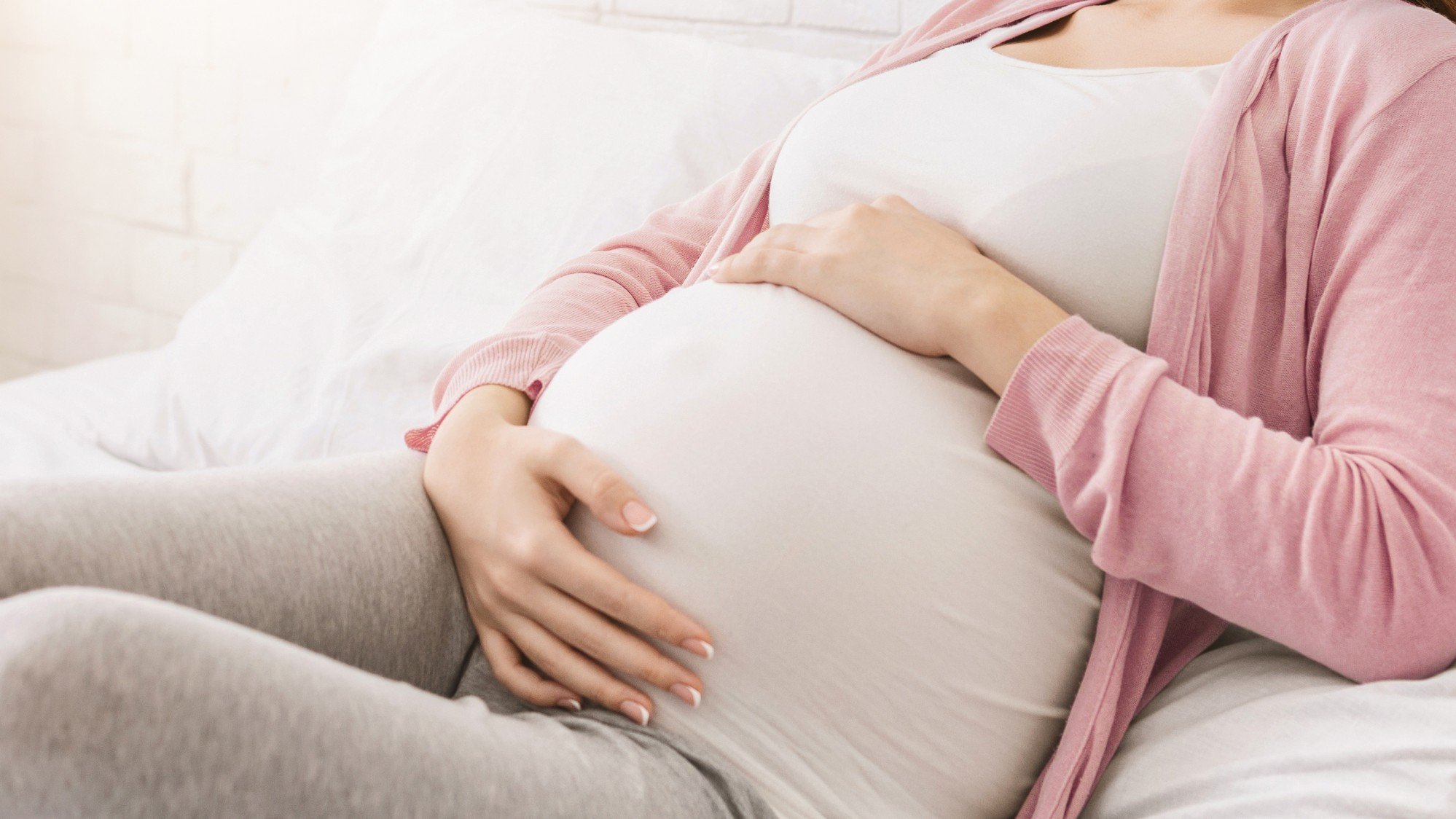Malaysia records fewest births ever, fuelling population decline concerns
Officials warn of a looming demographic crisis as more Malaysians opt for a ‘child-free’ lifestyle

Fewer Malaysians are having children than ever before, as rising living costs and career pressures eclipse the desire to start a family in a nation that is already ageing at an alarming rate.
The child-free trend has ignited fierce public debate, with religious leaders and government authorities alike worrying about the plummeting birth rate.
Only 93,500 births were recorded in the first quarter of this year, according to official data released this week – an 11.5 per cent drop from the same period in 2023. The figure marks a 28 per cent decline from the 130,000 births recorded at the turn of the millennium in 2000.
The statistics show a stark divide between urban and rural Malaysia. Kuala Lumpur and the industrial hub of Penang reported the lowest birth rates, while rural states such as Terengganu, Kelantan, and Pahang continue to record fertility rates above the replacement threshold.
“Only Terengganu, Kelantan, and Pahang are recording a [total fertility rate] above the replacement level,” Chief Statistician Mohd Uzir Mahidin said on Thursday.
The replacement level of 2.1 births per woman is required for a population to sustain itself. Falling below this threshold signals long-term demographic decline.

Government officials say financial strain and job demands are driving the trend.
Women, Family and Community Development Minister Nancy Shukri cited a government survey that found nearly 87 per cent of single Malaysians were either delaying marriage or choosing to remain unmarried due to career and economic pressures.
“This poses a major challenge that we must address, as it not only impacts families but also the future economic and social aspects of the country,” she said.
Malaysia, home to 34 million people, is ageing rapidly. By 2040, some states are projected to have nearly a quarter of their residents aged 60 or older, a shift driven by increased life expectancy and the migration of younger citizens seeking better opportunities abroad.
Sabah, one of the country’s poorest states, has been particularly hard hit. Fertility rates there have plunged from 5.5 children per woman in 1980 to just 1.4 in 2022. Outmigration to Peninsular Malaysia and elsewhere has exacerbated the demographic decline.

Religious and government leaders have voiced growing alarm over the social and cultural consequences of declining fertility. Last year, Religious Affairs Minister Mohd Na’im Mokhtar criticised the child-free lifestyle as “not acceptable” for Malay Muslims, who make up nearly 70 per cent of the population.
“Marriage comes with responsibilities – with men becoming leaders and women becoming mothers,” he said during a Father’s Day event in June.
Even the National Security Council has weighed in, warning in a rare statement last July that the child-free trend could destabilise the country’s delicate social fabric.
“This will directly cause tension between different ethnic groups or social classes, which will eventually lead to conflict and crisis in the country,” the council said.